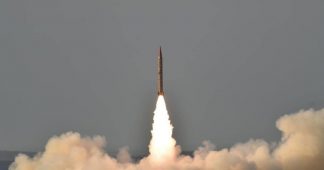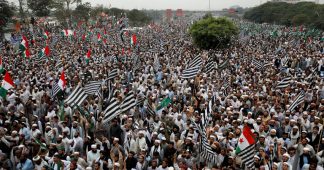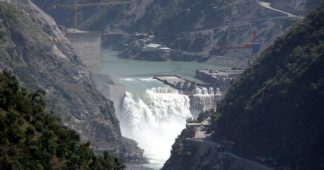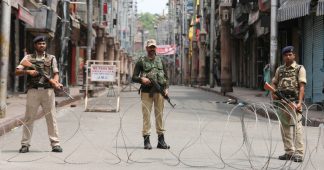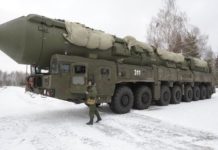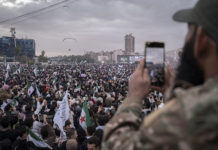In an exclusive interview with DW Editor-in-Chief Ines Pohl, Pakistani Prime Minister Imran Khan talks about the Iran crisis and the international community’s “lukewarm” response to the Kashmir dispute.
16.01.2020
Ines Pohl: Mr. Khan, you probably have one of the most difficult jobs in the world. Your country has to balance ties with the United States and China. Beijing wants to invest in Pakistan, but that, of course, strains your relationship with Washington. Your country also shares a border with conflict-ridden countries like Afghanistan and Iran. How are you managing all that?
Imran Khan: I joined politics because I felt that Pakistan has tremendous potential. When I was growing up, Pakistan had the fastest growing economy in Asia, which served as a model for development in the 1960s. But we lost our way. My objective for coming into politics was to regain that potential.
It’s true that we live in a difficult neighborhood and we have to balance our actions. For instance, Saudi Arabia is one of Pakistan’s greatest friends and has always been there for us. Then we have Iran, with which we have always maintained a good relationship. Therefore, a military conflict between Saudi Arabia and Iran would be disastrous for Pakistan. We are trying our best to make sure that ties between these two countries do not deteriorate. It is a region that cannot afford another conflict.
Then there is Afghanistan. Pakistan is doing its best to bring peace to Afghanistan. It is a country that has suffered so much in the past 40 years. We pray that the Taliban, the Americans and the Afghan government achieve peace.
Ines Pohl: Last year, India and Pakistan were very close to war. Ever since Indian Prime Minister Narendra Modi scrapped the special status for Indian-administrated Kashmir in August 2019, we see that the situation has become worse. What is your government doing to defuse these tensions?
Imran Khan: I was the first leader to warn the world about what is happening in India. India has been taken over by an extremist ideology known as “Hindutva.” It is the ideology of Rashtriya Swayamsevak Sangh (RSS). The RSS, a political organization founded in 1925, was inspired by the German Nazis, and its founding fathers believed in racial supremacy. Just as the Nazi ideology was built on hatred for minorities, the RSS ideology is also based on hatred for Muslims and other minorities, including Christians.
It is a tragedy for India — and for its neighbors — that the country has been taken over by the RSS, an organization which also assassinated the great Mahatma Gandhi. A nuclear-armed country is being run by extremists, and Kashmir has been under siege for over five months.
